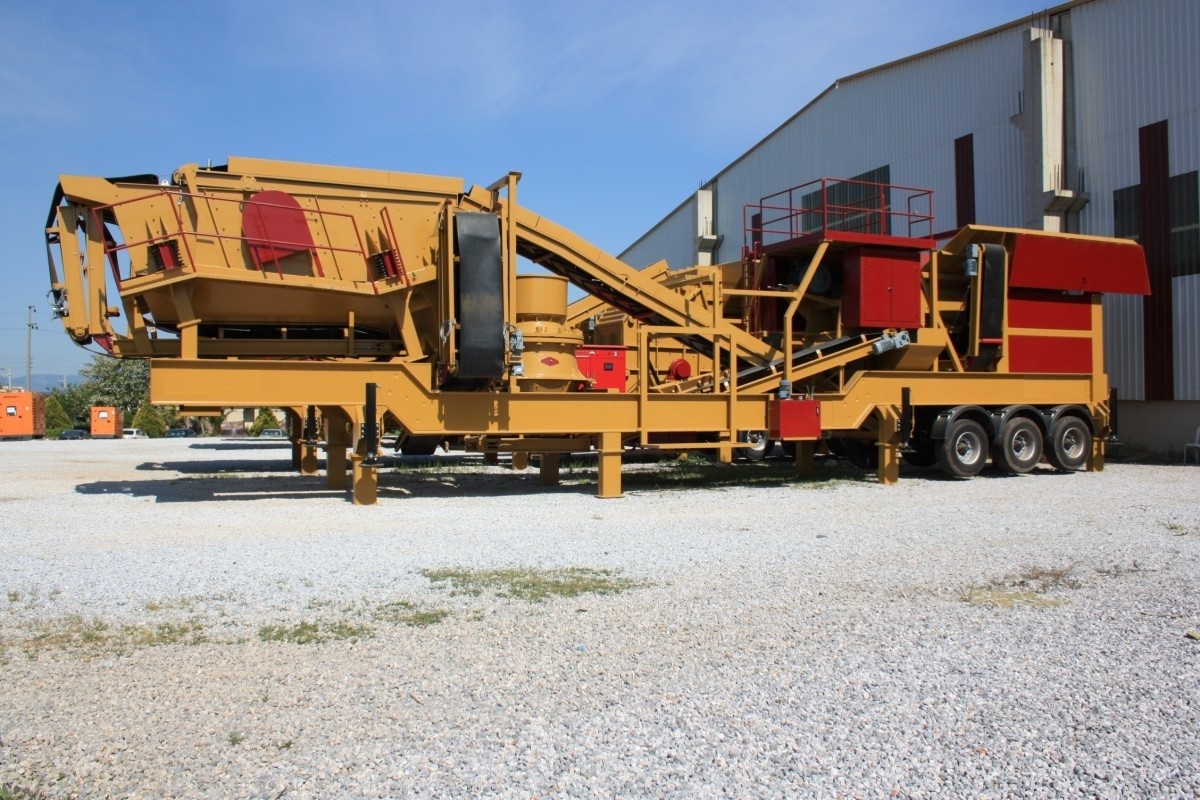Stone Crusher Prices - Mobile Crusher Prices: What Factors Determine the Cost?
The price of stone crushers, particularly mobile crushers (also known as mobile crushing plants), can vary significantly based on several factors. Here, we will discuss these factors in detail:
-
Type of Crusher:
There are various types of crushers available, including jaw crushers, cone crushers, impact crushers, and hammer crushers. Mobile crushers come in different configurations, such as tracked or wheeled models, and these variations can affect the price. The type of crusher affects the size and capacity of material it can process, which in turn influences the cost. -
Brand and Manufacturer:
The brand and manufacturer of the mobile crusher also play a significant role in its price. Well-known manufacturers, such as Metso, Sandvik, or Kleemann, often offer higher-priced models due to the quality and reputation of their equipment. However, these brands may offer more durability, advanced technology, and better customer service, which can justify the higher cost. -
Capacity:
The processing capacity of a mobile crusher (measured in tons per hour) is one of the most important factors in determining its price. Higher-capacity crushers, capable of processing larger quantities of material in a shorter time, generally have higher prices. A higher processing capacity requires larger and more powerful engines, which increases the price. -
Size and Dimensions:
The size of the crusher is another factor. Larger crushers often require more materials and components, thus costing more. The design and mobility of the crusher, whether it’s a larger track-mounted model or a smaller wheeled one, will also contribute to the cost. -
Technology and Features:
Modern mobile crushers come equipped with advanced technology and features like automated control systems, GPS tracking, and advanced safety mechanisms. These high-tech features can increase the price of the machine but may offer greater efficiency, precision, and ease of operation, making them worthwhile investments for many companies. -
Power Source:
Mobile crushers can be powered by diesel, electricity, or hybrid systems. Diesel-powered crushers are often less expensive initially, but they may have higher operational costs over time due to fuel consumption. Electric and hybrid-powered crushers can reduce operational costs but may have a higher initial price due to the cost of the power systems. -
Market Demand and Location:
The geographical location of purchase and the local market demand can affect the pricing. In regions with higher demand or limited supply, prices may be higher. Shipping costs also need to be factored in if the equipment needs to be transported internationally. -
Additional Features and Customization:
Some mobile crushers come with additional options like pre-screening systems, dust suppression systems, or extra conveyors, all of which can increase the price. Customized solutions that are tailored to specific needs will also add to the cost. -
Condition and Age:
Whether the mobile crusher is new or used will significantly influence the price. New machines come with a warranty and are generally more expensive, whereas used machines may be more affordable but could come with higher maintenance needs. -
Maintenance and Spare Parts:
The long-term cost of owning a mobile crusher also includes the maintenance costs and the availability of spare parts. Brands that offer readily available spare parts and have good after-sales service might charge more for the equipment upfront but can reduce the overall operating costs in the long run.
 English
English
 Le français
Le français
 Türkçe
Türkçe

